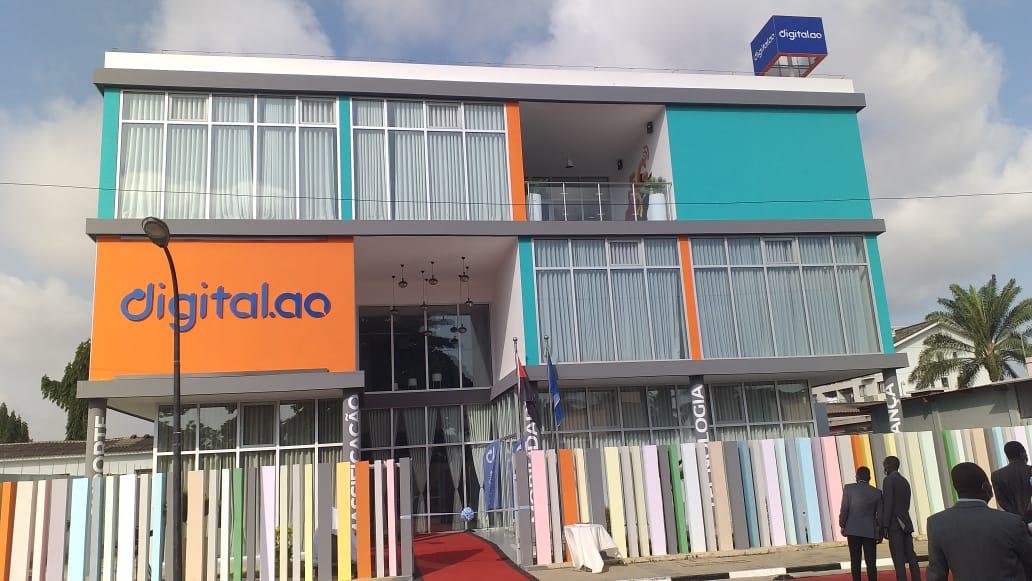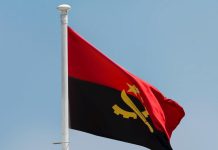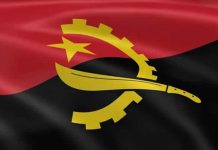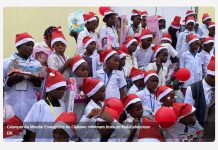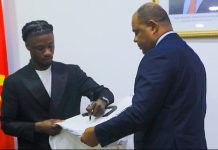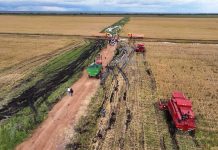Africa-Press – Angola. The access of girls and women to the digital space in Angola is limited to 43.2 percent of the female population, said, this Monday, in New York, the Angolan Dadadilna Manuel, during the Interactive Dialogue between Youth Representatives, at the 67th Session of the United Nations Commission on the Status of Women.
According to the young Telecommunications engineer, these data are due, among other factors, to the low level of digital literacy, language barrier, scarce digital infrastructure and access to electricity.
According to a press note from the Permanent Mission of Angola to the UN, in New York, he highlighted the commitment of the Executive with the actions outlined in the report of the secretary general “Our Common Agenda”, which proposes a Summit of the Future for September 2024, as a technological path leading to a Digital Pact.
“Angola has revised and updated the legislation in force so that innovation and technological change develop in a safer digital space, and thus guarantee universal access, as reflected in the ICT white paper”, he underlined.
He added that despite the difficulties, the country has developed projects aimed at promoting digital literacy for girls and women, as well as encouraging their interest in STEM careers, with emphasis on those residing in rural areas.
The aim, he underlined, is to influence them in the process of making positive decisions in terms of sexuality and reproductive health, citizenship, gender, and disease prevention.
He stressed that in this sense, Angola recognizes the need for more mechanisms to facilitate access to credits that enable the continuity and implementation of projects of this nature.
He appealed to the international community to continue to develop tools for technical assistance and technology transfer to Member States, with a view to boosting new services and products that meet the needs of women and girls and fulfill their human rights.
The Interactive Dialogue between Youth Representatives under the priority theme “Innovation and Technological Change, and education in the digital age to achieve gender equality and the empowerment of Women and Girls”, served to facilitate facilitating exchanges between Member State delegations.
For More News And Analysis About Angola Follow Africa-Press

